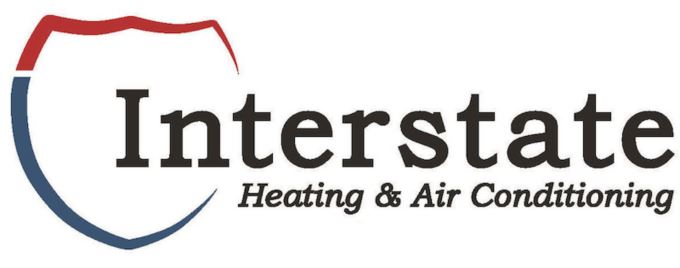
To avoid rising energy costs and work toward a more sustainable life, many homeowners are trying new methods to maintain comfort levels while using less energy. As part of the Inflation Reduction Act, federal tax credits are available for energy-efficient home upgrades, especially HVAC systems like air conditioners. These credits offer big savings, as long as the homeowners choose eligible equipment and submit the right paperwork.
If you’re concerned the application process might be tedious, we’re offering to help! Interstate Heating & Air Conditioning hopes this guide will provide all the information necessary to take full advantage of HVAC tax credits this year. Here’s how.
Understanding the HVAC Tax Credits
These valuable tax credits for upgrading your home to be more energy-efficient are just one intended use of the recent Inflation Reduction Act. Energy costs affect everyone, so helping homeowners upgrade to higher efficiency utilities can benefit everyone. The key provision of these credits is to reduce the cost of installing high efficiency upgrades. The two we’ll cover are the Energy Efficiency Home Improvement Credit and the Residential Clean Energy Credit.
But keep in mind, to be eligible for tax credits, you’ll have to fill out IRS Form 5695. Additionally, this form has to be submitted within the same tax year any upgrades were installed, not bought.
Maximizing Savings with the Energy Efficiency Home Improvement Credit
Through 2032, the Energy Efficiency Home Improvement Credit provides up to $3,200 annually for making your home more energy-efficient. This equals 30% of the total project’s cost. You should be aware that in order to receive the maximum amount, it means making severel investments. For example, you’ll get up to $2,000 for high efficiency heat pump systems. This can be combined with the remaining $1,200 in credits for other eligible upgrades made within the tax year.
While heat pumps are a key target for this incentive, high-efficiency furnaces, air conditioners, boilers, and other HVAC systems are still eligible for this tax credit. You’ll need to confirm the make and model’s energy efficiency rating is high enough for eligibility.
Residential Clean Energy Credit
The Residential Clean Energy Credit provides 30% savings on a wide range of residential clean energy equipment upgrades. Eligibility is only extended to homeowners seeking to update existing or newly constructed homes. While the Home Improvement Credit focuses on utilities and HVAC systems, this credit is instead designed around renewable energy sources like solar and wind energy.
Some provisions of the tax credit include requiring the installation project to be finished between 2022 and 2032. But at the same time, homeowners can carry forward excess credit to offset future tax obligations. This is a great way to soften the entry into investing in clean energy.
Additional Qualifications for Energy Tax Credits
Because HVAC systems are one of the biggest expenses on your energy bill, these tax credits can guide you to the most energy-efficient options. But home energy efficiency can be improved in many other ways. Apart from the previously listed HVAC upgrades, {you could also choose|other eligible items include|you also have access to:
- Energy-saving heat pump water heating systems
- Modern electrical panel improvements
- Upgraded electrical wiring
- Enhancements to insulation, air sealing, and ventilation
- High-efficiency electric stoves, cooktops, ranges or ovens
- Efficient heat pump clothes drying solutions
- High-efficiency water boilers
Like the HVAC systems, you’ll need to check that your chosen products meet the eligible energy efficiency ratings.
Three Tips for Making the Most of 2024 HVAC Tax Credits
While any one of those upgrades can enhance your home's energy performance, some planning ahead will ensure more long-term benefits. Maximize your HVAC tax credits with these reminders:
- Perform an energy audit to pinpoint valuable enhancements. Trust experienced HVAC companies to pinpoint essential products and services.
- Install new high efficiency windows and doors.
- Explore potential rebates from utility companies for clean energy upgrades. Renewable sources like solar, wind, and geothermal contribute to community power grid sustainability.
- Don’t forget financing options from local service companies, which can help reduce costs even more.
Interstate Heating & Air Conditioning Can Help You Secure HVAC Credits for 2024
Partner with local HVAC professionals like Interstate Heating & Air Conditioning for eligible serves like energy assessments or new installation. Our helpful installers can deliver whatever you need for a more energy-efficient home.
